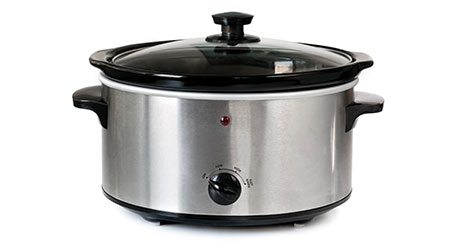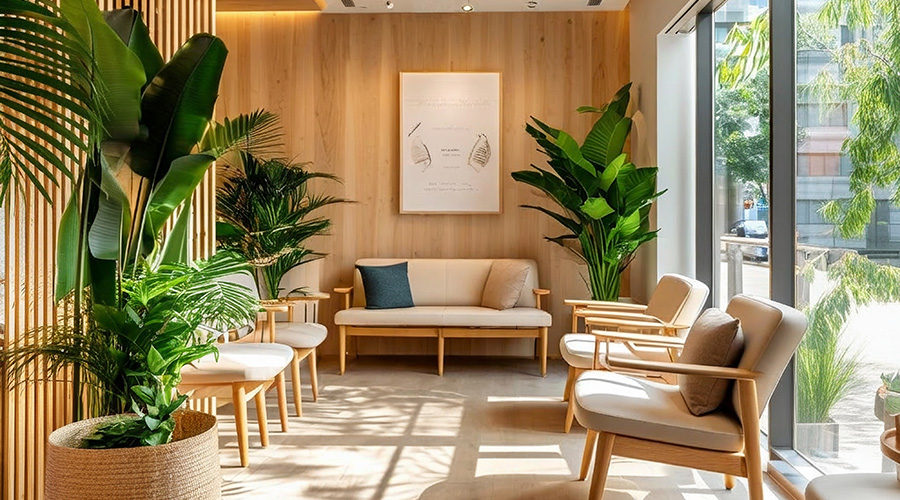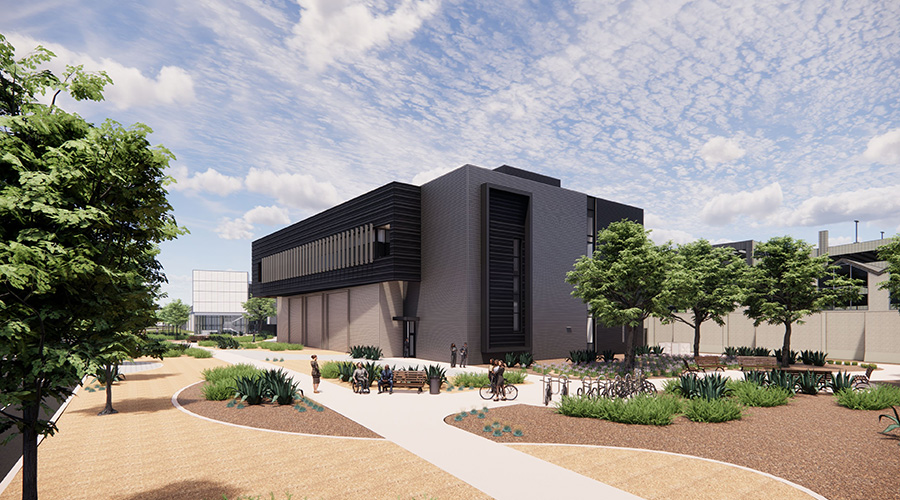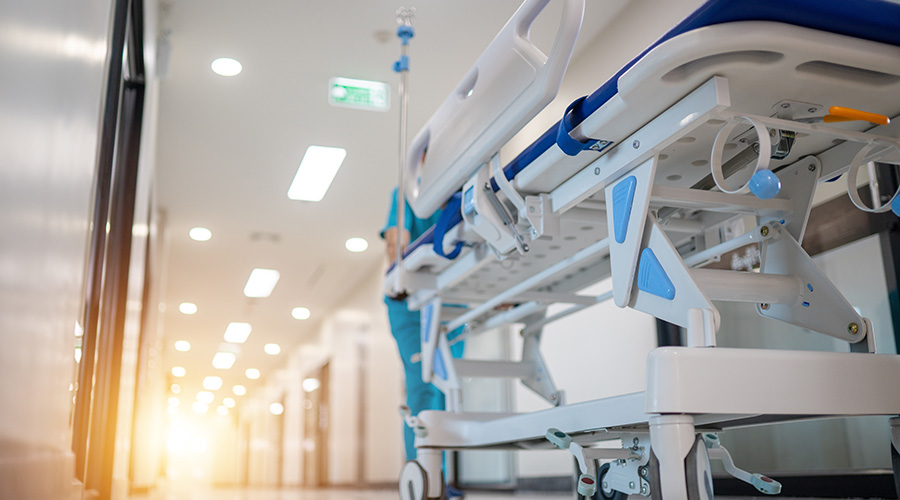Q: I currently work in a long-term care facility capable of being home to eighty residents, but we have sold off multiple beds and are now down to forty-eight residents. We utilize many of our rooms for traveling staff. I cannot find specific clarification regarding what they can and cannot have in these "spare" rooms of ours. As they are technically not resident rooms are they allowed crockpots, hot plates, microwaves, coffee pots? As they are still a part of the overall facility, the LSC would still apply, correct? Please clarify.
A: You have the right and responsibility to limit heat-producing devices to make your facility a safe environment. Any heat-producing appliance that has the ability to be left on without any automatic shut-off option is not a safe device for use where residents are mostly incapable of self-preservation. Surveyors from your accreditation organization, your state licensing department, or CMS will likely have a problem with any heat producing appliance used, stored or otherwise in use in an area where individuals are sleeping, because of the potential for combustible items coming in contact with the heat producing elements.
However, section 19.3.2.5.2 of the 2012 Life Safety Code is rather clear: Where residential cooking equipment is used for food warming or limited cooking, the equipment shall not be required to be protected with commercial cooking exhaust hoods, and the presence of the equipment shall not require the area to be protected as a hazardous area. The intent of this section is to allow microwaves, coffee pots, and toasters to be used in staff lounges without the lounge from having to comply with commercial cooking hood requirements and be classified as a hazardous area.
But having these residential cooking appliances in the same room where people sleep is asking for trouble.
Brad Keyes, CHSP, is the owner of KEYES Life Safety Compliance, and his expertise is in the management of the Life Safety Program, including the Environment of Care and Emergency Management programs.

 Grounding Healthcare Spaces in Hospitality Principles
Grounding Healthcare Spaces in Hospitality Principles UC Davis Health Selects Rudolph and Sletten for Central Utility Plant Expansion
UC Davis Health Selects Rudolph and Sletten for Central Utility Plant Expansion Cape Cod Healthcare Opens Upper 2 Floors of Edwin Barbey Patient Care Pavilion
Cape Cod Healthcare Opens Upper 2 Floors of Edwin Barbey Patient Care Pavilion Building Sustainable Healthcare for an Aging Population
Building Sustainable Healthcare for an Aging Population Froedtert ThedaCare Announces Opening of ThedaCare Medical Center-Oshkosh
Froedtert ThedaCare Announces Opening of ThedaCare Medical Center-Oshkosh